When it comes to constructing durable and long-lasting slabs, choosing the right mortar mix for slab joints is crucial. The correct mortar mix not only ensures structural integrity but also enhances the overall aesthetics of the project. In this comprehensive guide, we will delve into the intricacies of selecting the ideal mortar mix for slab joints, providing you with valuable insights and practical tips.
- Understanding the Importance of Mortar Mix for Slab Joints:
- Explaining the role of mortar in slab joints and its impact on structural stability.
- Highlighting the significance of mortar mix in preventing water infiltration and minimizing joint deterioration.
- Emphasizing the need for a balanced mortar mix to withstand various environmental conditions.
- Factors Influencing Mortar Mix Selection:
a) Type of Slab:
- Discussing different types of slabs (concrete, stone, brick) and their specific mortar requirements.
- Analyzing the characteristics of each slab type to determine the appropriate mortar mix composition.
b) Environmental Conditions:
- Examining the effects of temperature, humidity, and exposure to water on mortar performance.
- Recommending suitable mortar mixes for different climatic conditions and environmental factors.
c) Load-Bearing Capacity:
- Exploring the significance of load-bearing capacity in mortar mix selection.
- Providing insights into the strength requirements for slab joints based on the intended use and expected loads.
- Types of Mortar Mixes for Slab Joints:
a) Portland Cement Mortar:
- Discussing the composition, advantages, and limitations of Portland cement mortar.
- Highlighting its suitability for various slab types and joint widths.
b) Polymer-Modified Mortar:
- Exploring the benefits of polymer-modified mortar in terms of flexibility, adhesion, and resistance to cracking.
- Discussing its compatibility with different slab materials and joint widths.
c) Epoxy Mortar:
- Detailing the exceptional strength, chemical resistance, and durability of epoxy mortar.
- Discussing its specific applications and considerations for slab joints.
- Mixing and Application Techniques:
a) Proper Mixing Procedures:
- Outlining the step-by-step process of preparing mortar mix for slab joints.
- Providing guidelines for achieving the desired consistency and workability.
b) Application Techniques:
- Exploring different methods for applying mortar mix to slab joints.
- Offering tips for achieving uniformity, proper joint filling, and finishing.
- Maintenance and Repair of Slab Joints:
- Discussing the importance of regular maintenance and inspection of slab joints.
- Providing guidance on identifying common issues and offering effective repair solutions.
- Recommending appropriate mortar mixes for joint repairs based on the severity of damage.
Conclusion:
Selecting the right mortar mix for slab joints is a critical aspect of any construction project. By understanding the various factors influencing mortar mix selection, exploring different types of mortar, and mastering proper mixing and application techniques, you can ensure the longevity and stability of your slabs. Remember, a well-chosen mortar mix not only enhances the aesthetics but also guarantees the structural integrity of your project.

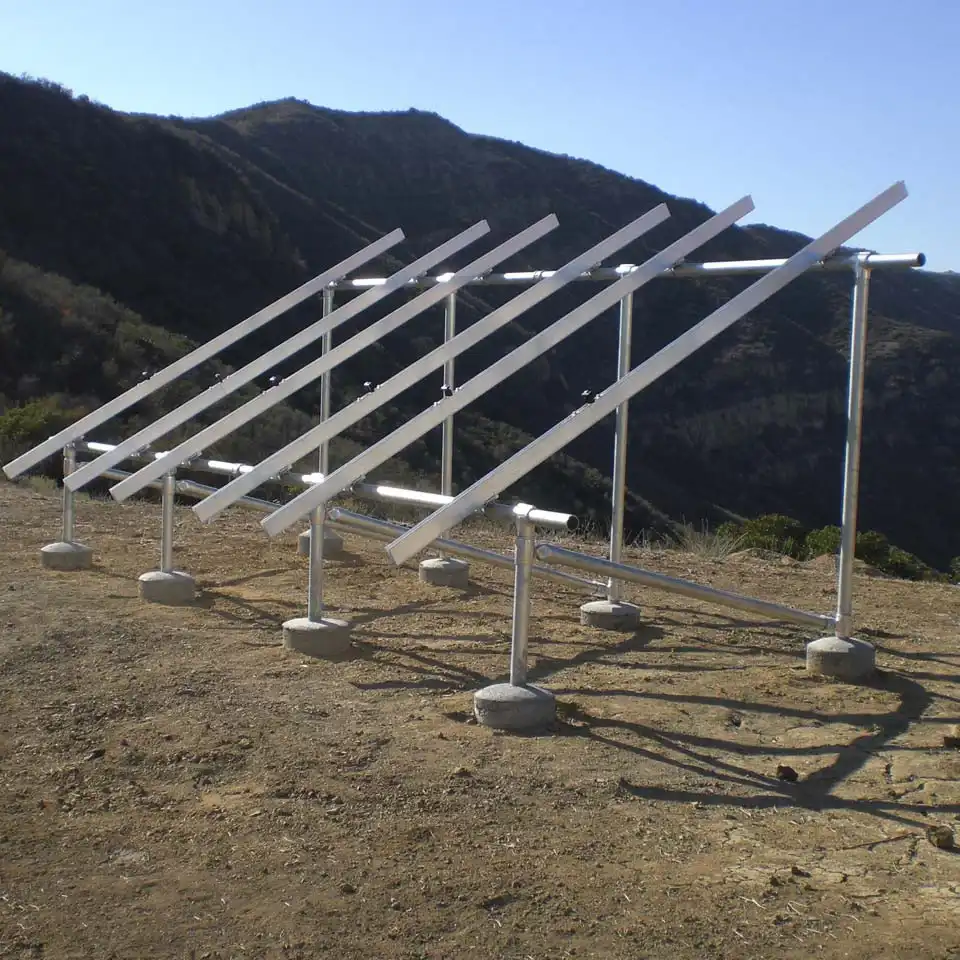
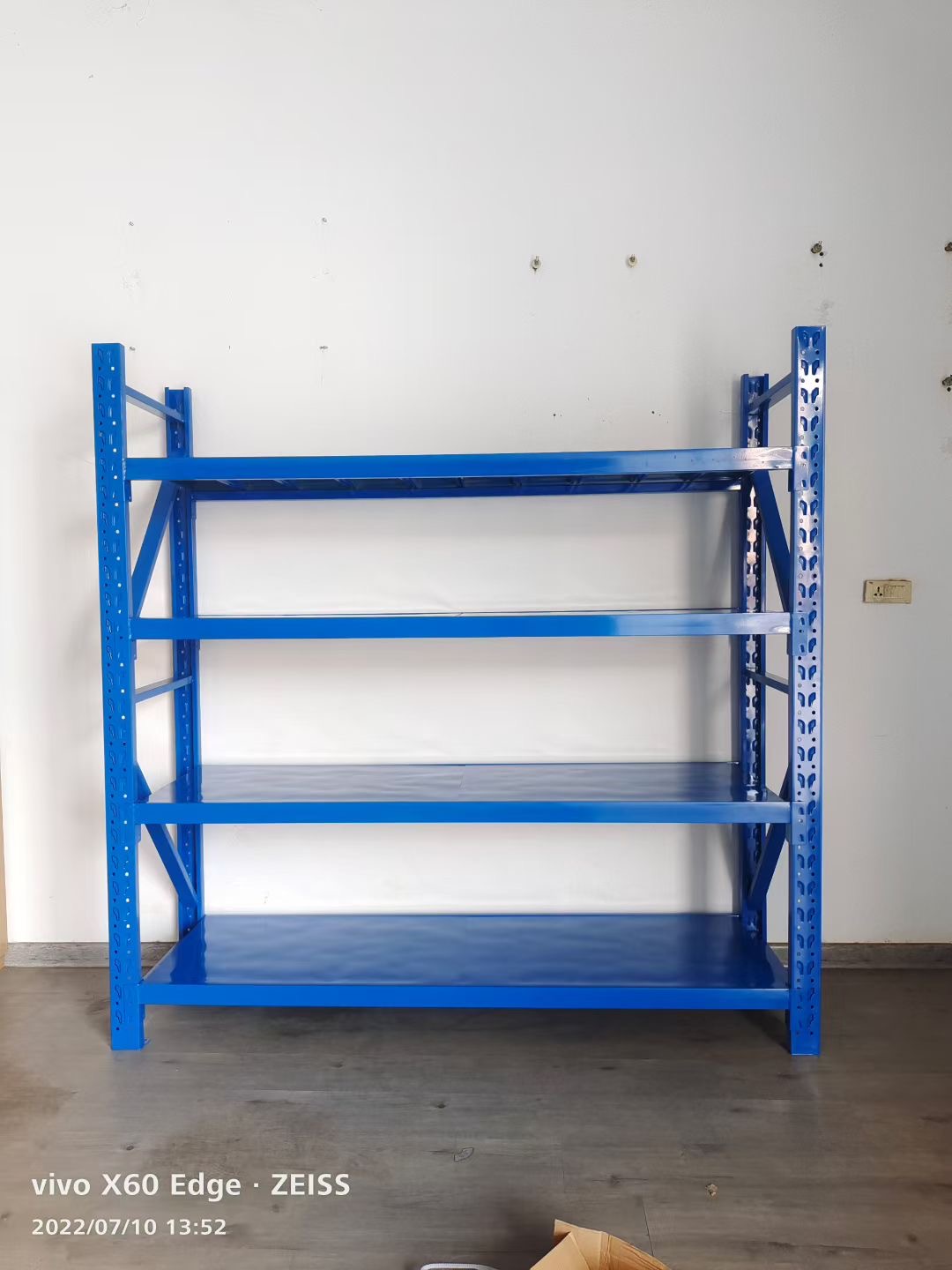
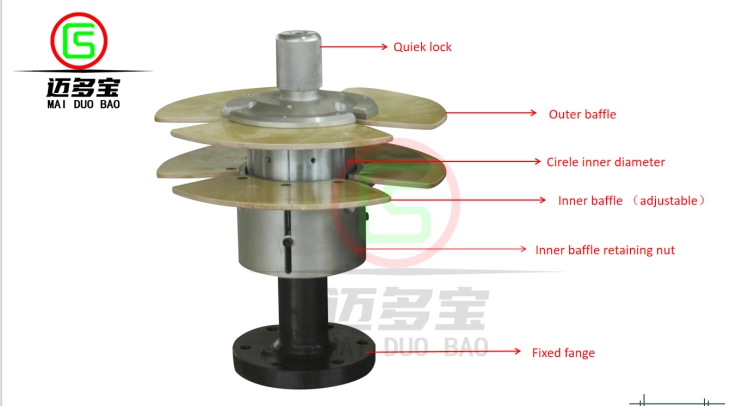

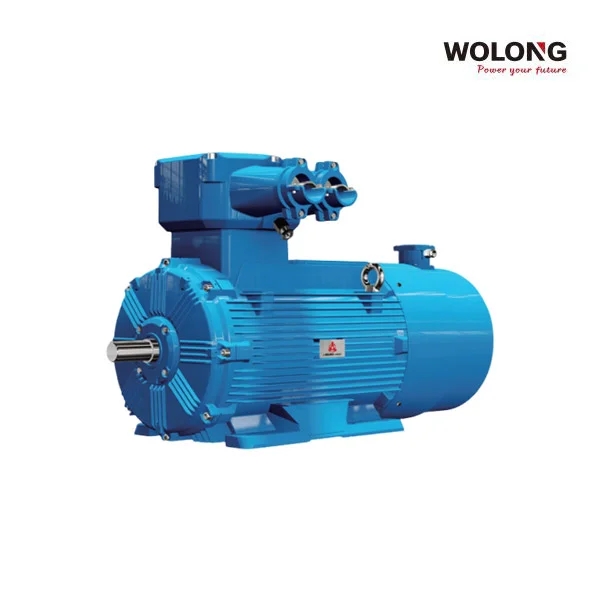

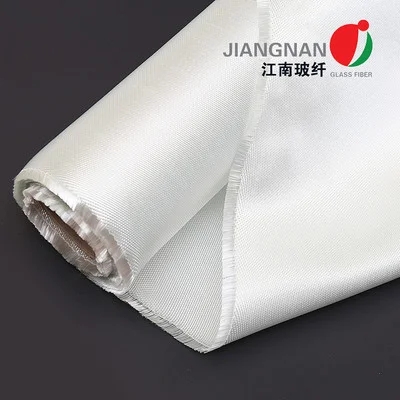

+ There are no comments
Add yours